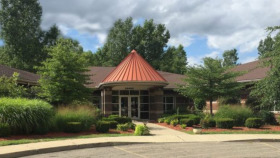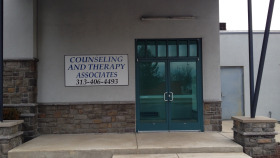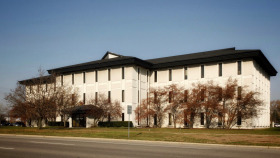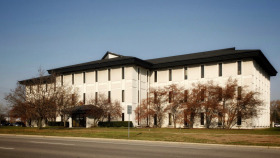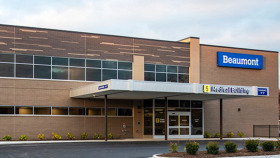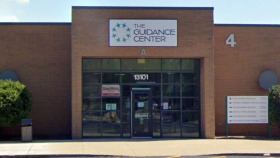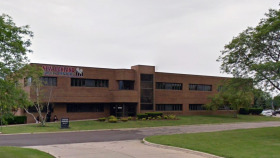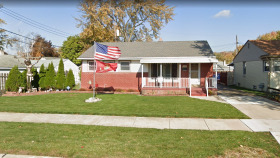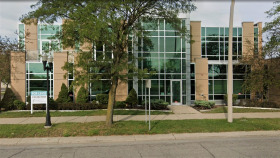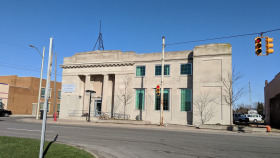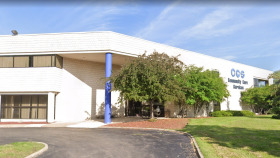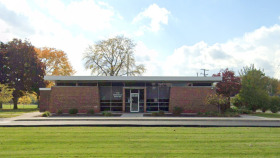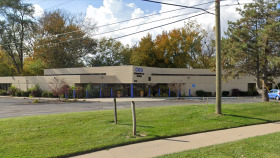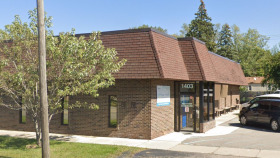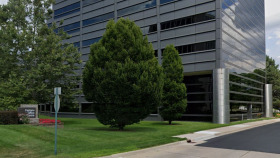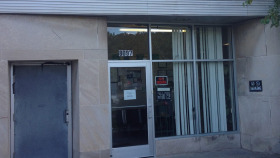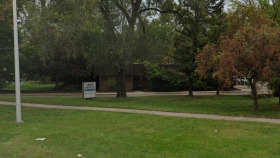Alcohol and Drug Use Statistics in Taylor, MI
Wayne County has reported suffering significant financial consequences because of opioid over-prescription and addiction.2 This includes increased costs for law enforcement, jails, emergency and medical services, and substance use disorder treatment.2 Here is a look at drug and alcohol use statistics for the county, which includes Taylor:1,3
402 traffic crashes in Wayne County in 2019 involved drugs.
In 2021, 5,328 people in the county sought treatment for an alcohol use disorder. Almost 70% of them were over the age of 45.
More than 4,000 people sought treatment for heroin misuse. Most of them were also over the age of 45.
Most county residents under the age of 18 sought out treatment for cannabis misuse.
Levels of Substance Abuse Care
There are several levels of care for addiction treatment. Some people enter treatment at one level, while others start with inpatient and make their way through the continuum of care.
Alcohol and Drug Detoxification
Detox is the process of safely and comfortably removing drugs or alcohol from your system. Performed under medical supervision in a hospital, residential, or outpatient setting, your withdrawal symptoms are comfortably managed, allowing you to transition into formal treatment services.
Inpatient Drug and Alcohol Rehab
Residential or inpatient treatment involves living at the rehab facility and receiving 24/7 care under supervision. A combination of treatment interventions are offered, including individual and group therapy, nutritional counseling, experiential therapies, and medication.
Partial Hospitalization Programs (PHPs)
PHPs allow you to live at home while attending treatment at a hospital. You may receive many of the same treatment modalities of inpatient care, with the difference being that you can return home during non-treatment hours. PHPs can be a bridge between inpatient and outpatient care.
Intensive Outpatient Programs (IOPs)
A step down from a PHP, IOPs allow you to attend a few hours of counseling over several days each week. You spend the rest of your time at home, working, or fulfilling other obligations.
Standard Outpatient
The least intensive treatment option, standard outpatient care involves one to two hours of treatment per week. This option has the least oversight and supervision. Highly motivated people with a strong support system tend to find this level beneficial.
Relapse Prevention
Relapse prevention, also known as aftercare, begins when a rehab program is complete. People receive forms of ongoing support and encouragement through 12-step groups, non-12-step groups like SMART Recovery, ongoing therapy, sober living homes, and more.
How to Pay for Substance Addiction Treatment in Taylor, Michigan
Private Insurance
By law, all insurance providers are required to cover substance abuse and mental health treatment services in some capacity. Call your provider to learn about your specific coverage, including your deductible and copay.
Michigan Medicaid
Michigan’s Medicaid program provides health insurance to low-income residents. It covers various treatment services like inpatient drug rehab and outpatient substance abuse treatment. Make sure to ask if the treatment center you’re interested in accepts Medicaid.
Michigan Medicare
Michigan Medicare is a government program providing coverage to residents with end-stage renal disease and those over the age of 65. You can use Medicare to cover the cost of drug addiction treatment services, including rehab.3 Some rehabs don’t accept Medicare insurance, so it’s important to do your research.
TRICARE in Michigan
Michigan TRICARE is a government program providing health insurance coverage to the U.S. Armed Forces military personnel, veterans, and their families and dependents. TRICARE covers addiction treatment services, such as rehab and medication-assisted treatment.
Sliding Scale Rehabs
Sliding scale rehabs are income-based, charging only what a resident can reasonably afford to pay. In order to qualify for a sliding scale rehab in Michigan, be prepared to provide proof of income.
IHS-Funded Drug Rehabs
Drug rehabs funded by the Indian Health Service provide free addiction treatment to Indigenous people in the U.S. and Alaskan Natives.
Traveling to and Within Taylor, MI

Taylor is conveniently located at the intersection of the I-94 and I-75 freeways, making it easy to get to no matter what direction you are traveling in. If you’re considering a Taylor drug or alcohol rehab or will be in town visiting someone who is receiving addiction treatment there, here is some helpful information about the area:
- Taylor is less than 5 miles from the Detroit Metropolitan Airport.
- The SMART bus service has several stops in Taylor.
- Taylor is not a walkable city, so most errands will require a car or public transportation.
- Uber and Lyft are available to help you get around town.
- There are plenty of restaurants and shopping options across the city, including the Eureka Road corridor, which is anchored by the Southland Center.
- Taylor is home to Lakes of Taylor and Taylor Meadows Golf Clubs.
- Heritage Park is a regional park that features the Sheridan Center Open Air Pavilion, Taylor Community Library, a petting farm, and the Taylor Conservatory and Botanical Gardens.
- You can find many national-chain hotel options in and around Taylor.
Michigan Alcohol and Drug Laws
Michigan lawmakers and public health agencies enacted the following laws related to substance misuse and overdoses:1
Michigan Good Samaritan Overdose Law: This law encourages witnesses to call 911 when someone is experiencing an overdose and protects them from prosecution for minor drug-related charges.
Michigan Naloxone Access Law: Pharmacists in Michigan can dispense Narcan (naloxone) without a prescription, increasing access to this life-saving opioid overdose reversal medication.
Michigan Driving or Operating Under the Influence Laws: A first offense of driving or operating under the influence of alcohol or liquor (OUIL) or drugs (OUID) results in a fine up to $500, imprisonment up to 93 days, and/or driver’s license suspension for up to two years.4 Additional offenses can lead to imprisonment of up to five years and driver’s license revocation for up to five years.
Michigan Regulation and Taxation of Marijuana Act: In 2018, the Michigan Regulation and Taxation of Marijuana Act legalized recreational marijuana for adults over the age of 21. Michigan state law specifies all use of cannabis must be done in private; it is illegal to use cannabis in a public space. It is also illegal to carry cannabis in areas frequented by children, such as schools or school buses.
Resources
- Michigan Department of Health & Human Services. (n.d.). Michigan Substance Use Disorder Data Repository.
- Charter County of Wayne Michigan. (n.d.). As Opioid Deaths Rise, Wayne And Oakland County Take On Drug Companies.
- National Institute on Drug Abuse. (2020). Wayne County (Detroit Area) Sentinel Community Site (SCS) Drug Use Patterns and Trends, 2020.

